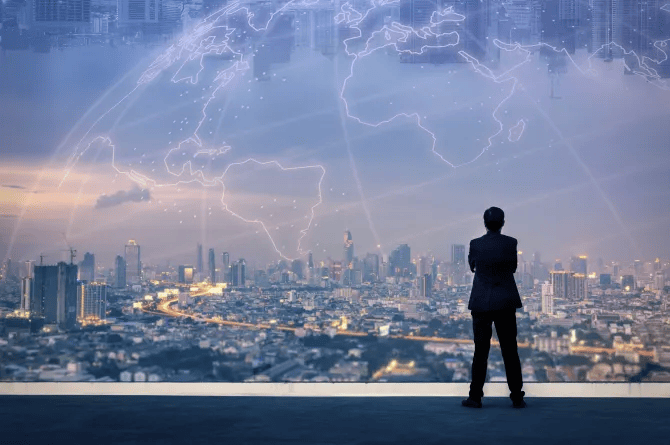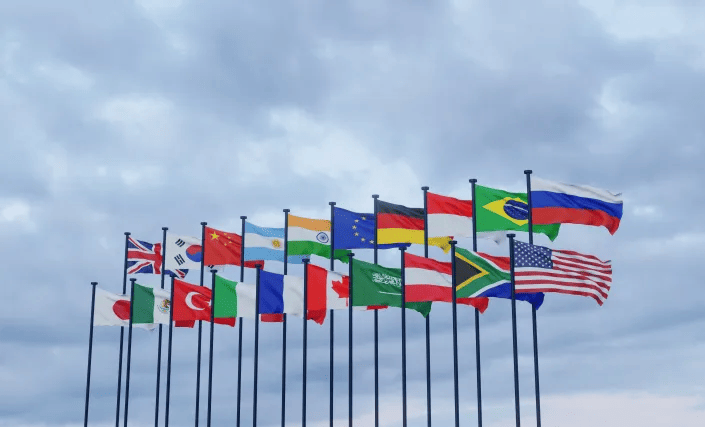
A Convergence of Visionaries and Leaders
The state dinner, set against the backdrop of an elegant White House evening, was a melting pot of influential figures from diverse sectors. The presence of tech moguls alongside stalwarts like SoftBank’s Masayoshi Son and celebrated actor Robert De Niro underscored the event’s significance. The evening, reported by Bloomberg, was punctuated with a three-course meal and serenaded by the tunes of Paul Simon, crafting an ambiance of sophistication and diplomacy.
Fortifying Economic and Security Ties
The underlying theme of the dinner was far from just ceremonial. Amidst the clinking of fine china and the soft melodies, lay a robust agenda focusing on strengthening U.S.-Japan economic and security relations. This strategic dialogue gains urgency in light of the escalating geopolitical tensions stirred by China and Russia’s maneuvers.
An Alliance Reaffirmed: Defense and Development at the Fore
The Biden-Kishida dialogue transcended mere pleasantries, anchoring on the Indo-Pacific region’s security dynamics. The leaders unveiled plans for 70 new initiatives to counter China’s assertive regional posture, including a pioneering air defense network with Australia, the U.S., and Japan at its core.
Tech Giants’ Pledge: Investing in Japan’s Future
The dinner also served as a fertile ground for announcing significant technological investments and partnerships. Among the luminaries, Microsoft’s Brad Smith declared a substantial $2.9 billion investment in Japan’s AI and cloud computing sectors, signaling a strong vote of confidence in the Japanese market’s potential.
The Strategic Symbiosis of Technology and Policy
This gathering at the White House not only symbolized a ceremonial respect for Japan but also showcased a strategic partnership in the realms of technology and defense. The assembly of tech giants alongside political leaders emphasized the integral role technology plays in shaping geopolitical landscapes and economic futures.

Navigating a Complex Geopolitical Tapestry
As the evening unfolded, discussions ventured beyond cordial exchanges, delving into the intricate web of international relations, defense strategies, and technological alliances. These conversations are pivotal as the U.S. and Japan navigate the choppy waters of global politics, marked by an assertive China and an unpredictable Russia.
Innovation as the Bedrock of Future Alliances
The state dinner, beyond its immediate diplomatic niceties, laid the groundwork for a future where technology and innovation are at the forefront of international collaborations. The commitments made and the discussions held promise to usher in a new era of technological advancement and strategic cooperation between the U.S. and Japan.
Charting the Course for a Collaborative Future
The event, rich in symbolism and substance, was a testament to the enduring partnership between the U.S. and Japan. It heralded a future where technology, economy, and security intersect to create a resilient and prosperous alliance capable of navigating the complexities of the 21st-century geopolitical landscape.
In conclusion, the state dinner for Prime Minister Fumio Kishida was more than a diplomatic formality; it was a pivotal juncture in U.S.-Japan relations, setting the stage for an integrated approach to tackling global challenges. The convergence of tech giants and political leaders at this event underscores a collective stride towards fostering an era of innovation, stability, and prosperity, bridging continents and cultures in a quest for a harmonious global future.










